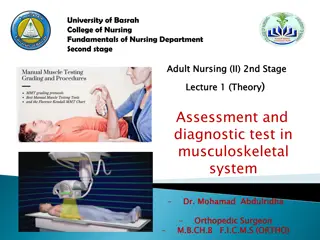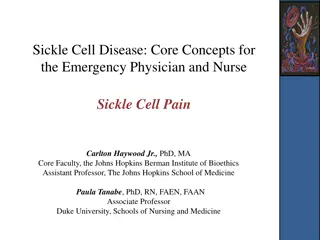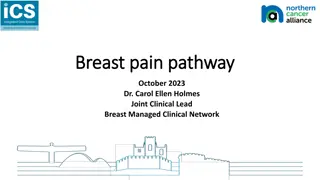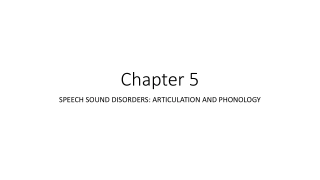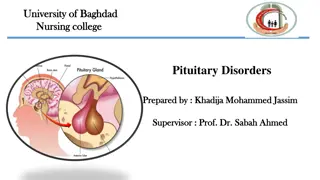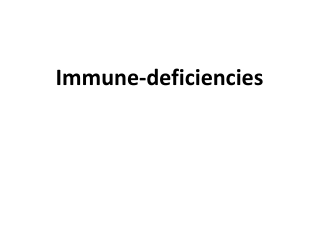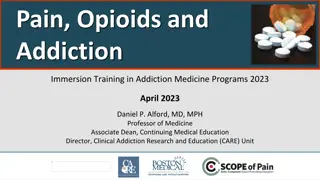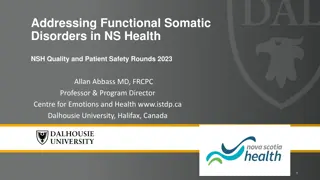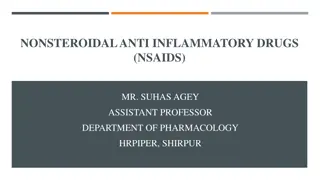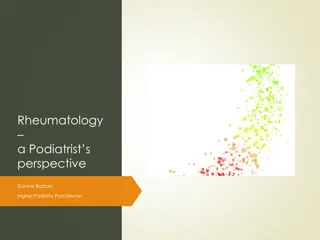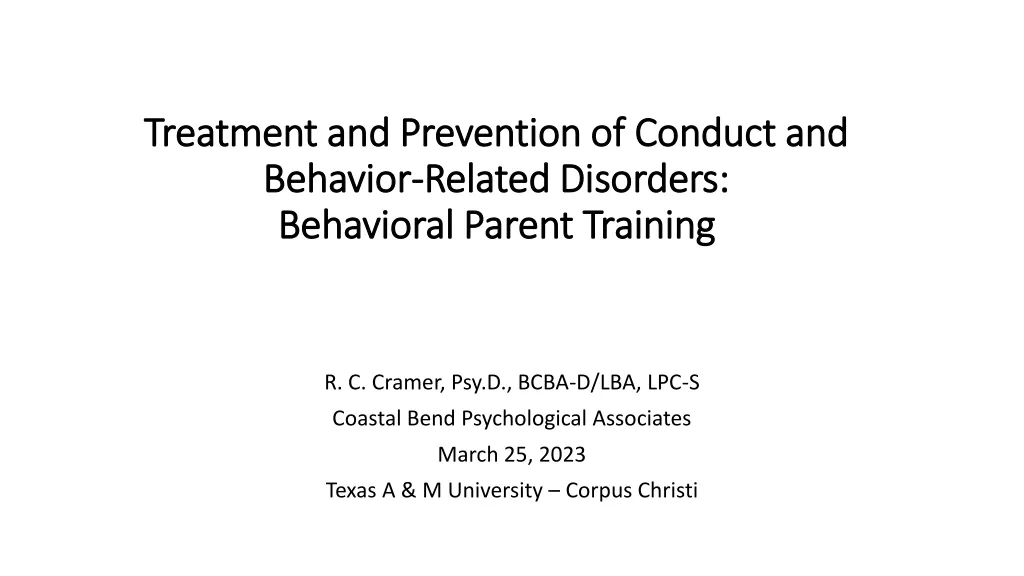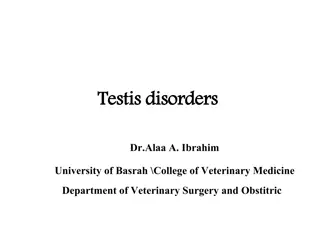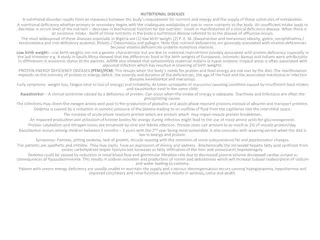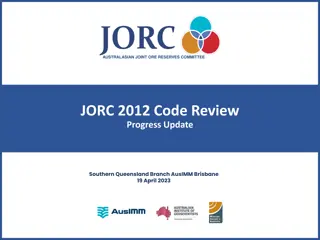Temporomandibular Joint Disorders: Understanding and Managing TMJ Pain
Dealing with jaw discomfort can be a challenging experience. Temporomandibular Joint Disorders (TMJ) are a group of conditions that affect the jaw joint and surrounding muscles. This can lead to pain, discomfort, and difficulty with basic functions like talking and eating. nnVisit- // /what-is-temporomandibular-joint-tmj-pain-disorder-and-how-to-treat-it/
Download Presentation
Please find below an Image/Link to download the presentation.
The content on the website is provided AS IS for your information and personal use only. It may not be sold, licensed, or shared on other websites without obtaining consent from the author. Download presentation by click this link. If you encounter any issues during the download, it is possible that the publisher has removed the file from their server.
Presentation Transcript
WWW.DRSHARADENT.COM TEMPOROMANDIBULAR JOINT DISORDERS: UNDERSTANDING AND MANAGING TMJ PAIN
INTRODUCTION Temporomandibular Joint Disorders (TMD) cause discomfort in jaw joints, muscles, and ligaments, impacting daily life. TMJ therapy varies and may include medication, physical therapy, mouthguards, and surgery. Objective: Delve into TMJ complexities, causes, symptoms, and pain management tips.
WHAT IS TMD? Definition: Dysfunction of temporomandibular joint (TMJ) causing pain. TMJ connects jawbones to the skull for chewing and speaking. Causes: Jaw injury, arthritis, teeth grinding. Prevalence: 5-12% of the population, common in ages 20-40. TYPES OF TMD JAW JOINT DISORDERS, CHEWING MUSCLE DISORDERS, TMD-RELATED HEADACHES.
SYMPTOMS OF TMD Symptoms: Jaw pain, clicking/popping sounds, difficulty in mouth movement. Extended symptoms: Headaches, earaches, neck pain. Factors: Stress, jaw misalignment, habits like teeth clenching/grinding.
CONTRIBUTING FACTORS TO TMJ PAIN Factors: Stress, poor posture, excessive gum chewing, arthritis. Importance of identification and addressing contributing factors. MANAGING TMJ PAIN - LIFESTYLE SHIFTS Lifestyle adjustments: Reduce gum chewing, maintain proper posture, manage stress. Importance of these minor changes in reducing strain on the jaw.
MANAGING TMJ PAIN - DENTAL INTERVENTIONS Dental interventions: Custom mouthguards to prevent teeth clenching/grinding. Importance of oral health in managing TMJ. PROFESSIONAL INTERVENTION Importance of seeking advice from healthcare providers or TMJ-experienced dentists. Personalized treatment options for severe cases.
CONCLUSION Summary: Effective TMJ pain management requires addressing causes and lifestyle changes. Importance of professional guidance for personalized treatment. Enhancing quality of life for individuals with TMJ disorders.
Thank You Consult a healthcare provider for tailored treatment options for sinusitis. www.drsharadent.com Dr. Sharad ENT Dr. Sharad ENT Videos


